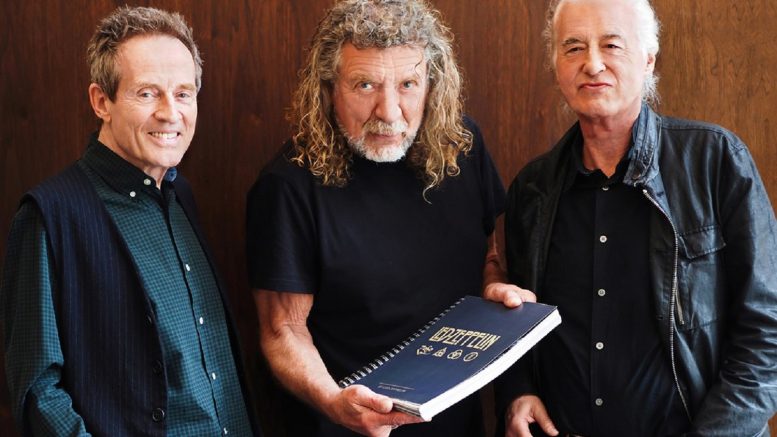In a stunning turn of events during a recent NFL game, Cincinnati Bengals quarterback Joe Burrow was involved in what many considered an obvious facemask violation, yet no penalty was called. This decision has sparked outrage and confusion among fans, analysts, and players alike, raising questions about the consistency of officiating in the league.
The incident occurred in the second quarter of the game, when Burrow scrambled out of the pocket under pressure from the opposing defense. As he attempted to evade a tackler, his helmet was visibly grabbed by the defender, a clear violation of the facemask rule. The defender’s hand twisted Burrow’s head in an unnatural direction, which is what the facemask penalty aims to prevent. This type of violation is considered dangerous due to the risk of neck and spine injury, making it one of the most heavily penalized offenses in the NFL.
Despite the clear nature of the violation, no flag was thrown, and play continued as normal. The lack of a penalty immediately caught the attention of commentators, players, and fans, all of whom were perplexed by the officiating. On social media, the moment quickly went viral, with numerous clips showing the infraction from multiple angles. Many viewers expressed disbelief that the referees failed to notice the blatant penalty.
The NFL rulebook states that a facemask penalty is committed when a player grasps another player’s face mask with their hands or fingers, or when a player twists, pulls, or twists the mask in any direction. The penalty is usually called as a 15-yard personal foul, with an automatic first down if committed by the defense. If the facemask violation is committed by the offense, the penalty is a 10-yard loss.
The failure to penalize Burrow’s facemask violation has led to debates about the quality and consistency of officiating in the NFL. Referees are under immense pressure to make quick decisions in real-time, but when such a clear violation goes uncalled, it raises concerns about the standard of officiating across the league. Some fans argued that the officiating crew may have missed the penalty due to the speed and intensity of the play, while others suggested that the referee’s positioning on the field might have obscured their view of the facemask.
It is also worth noting that Burrow himself seemed unaffected by the violation. After the play, he continued to lead his team down the field, as if the incident had not occurred. His composure during the game, despite the apparent risk of injury, only added to the surprise surrounding the no-call. However, his poise in such situations is one of the reasons Burrow is considered one of the top quarterbacks in the NFL.
The controversy surrounding this missed penalty is likely to fuel further discussions about officiating in the league. It raises important questions about the consistency with which penalties are called, especially for violations that are as straightforward as a facemask grab. While some may argue that human error is inevitable, others may contend that the league needs to take steps to ensure more accurate and fair officiating, perhaps through better training or by utilizing more technology to assist referees.
As the NFL season progresses, this incident will likely be scrutinized, with many wondering whether it will lead to changes in the way penalties are called in the future.



